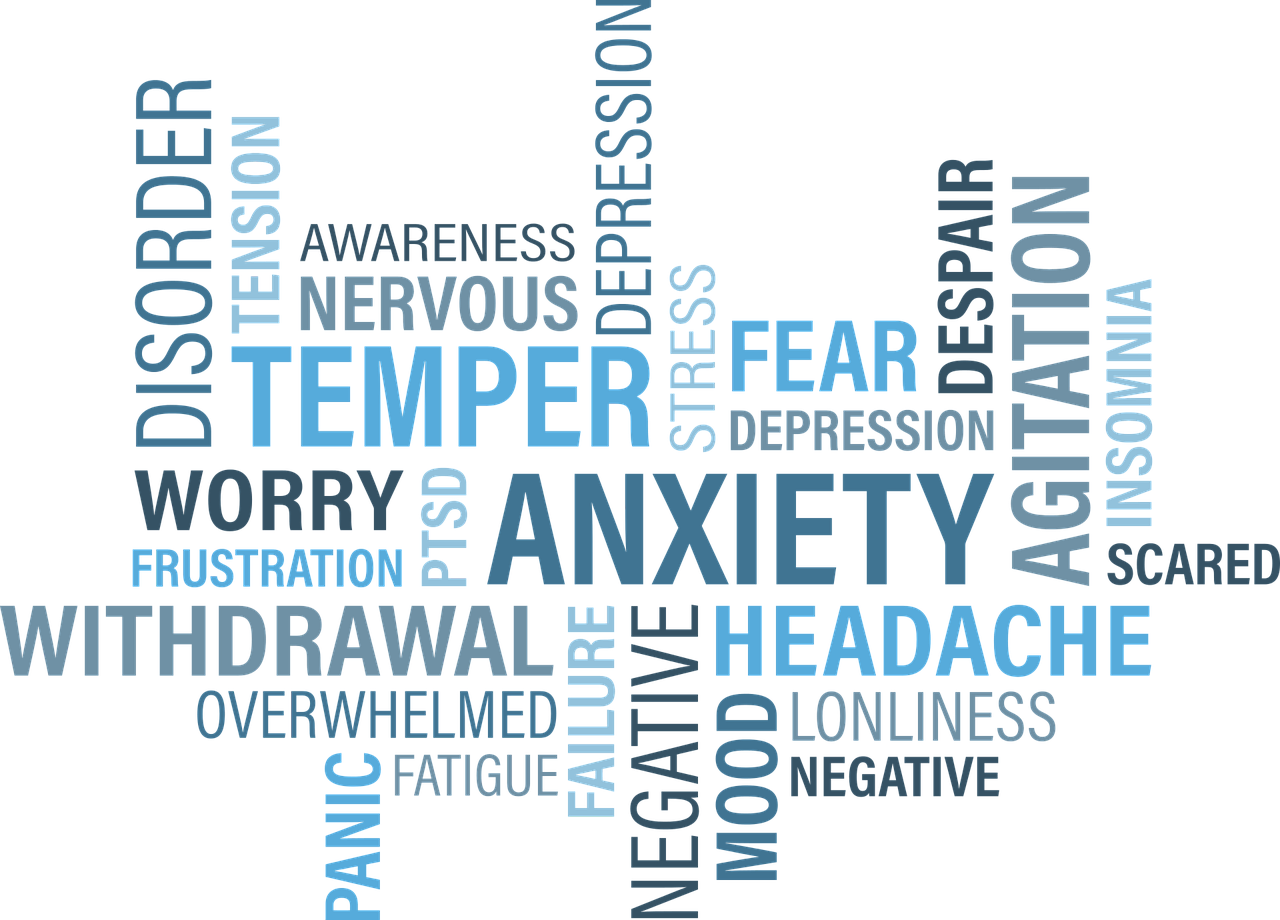Everyone knows that you should brush your teeth at least twice a day - and preferably after every time you eat - to help protect your teeth. Leftover food, sugars, and bacteria all build up on your teeth, and if they're left in place, they'll start eating through the enamel on your teeth. That's how cavities start.
However, one thing that isn't as widely known is which types of toothbrushes and toothpaste are best to use. While there may be individual exceptions, these are the general recommendations dentists make when asked.
What Are The Best Types Of Toothbrush?
1 - Toothbrushes
Nearly all dentists agree that most people should be using soft-bristled toothbrushes. Hard bristles can be too rough on your teeth, and it's also very easy for them to damage your gums - and bleeding gums create an opportunity for bacteria to get into your body.
Also, toothbrushes with smaller heads are preferred over large-headed brushes. Smaller heads are easier to work with, and can get in between your teeth better. Remember: use gentle circular motions, not back-and-forth, for most effective cleaning.
Otherwise, the exact shape, size, and length of the toothbrush will not matter. Pick whichever style is most comfortable for you, and easiest for you to move around in your mouth.
As an alternative, electric toothbrushes are also an excellent option. They're more expensive than standard toothbrushes, but they're typically more efficient at cleaning teeth than a regular manual toothbrush.
Of course, home cleaning isn't going to be able to clean every surface on your teeth. For that, you need a professional cleaning, which you should get at least once a year. Contact your local dentist for an appointment!




















